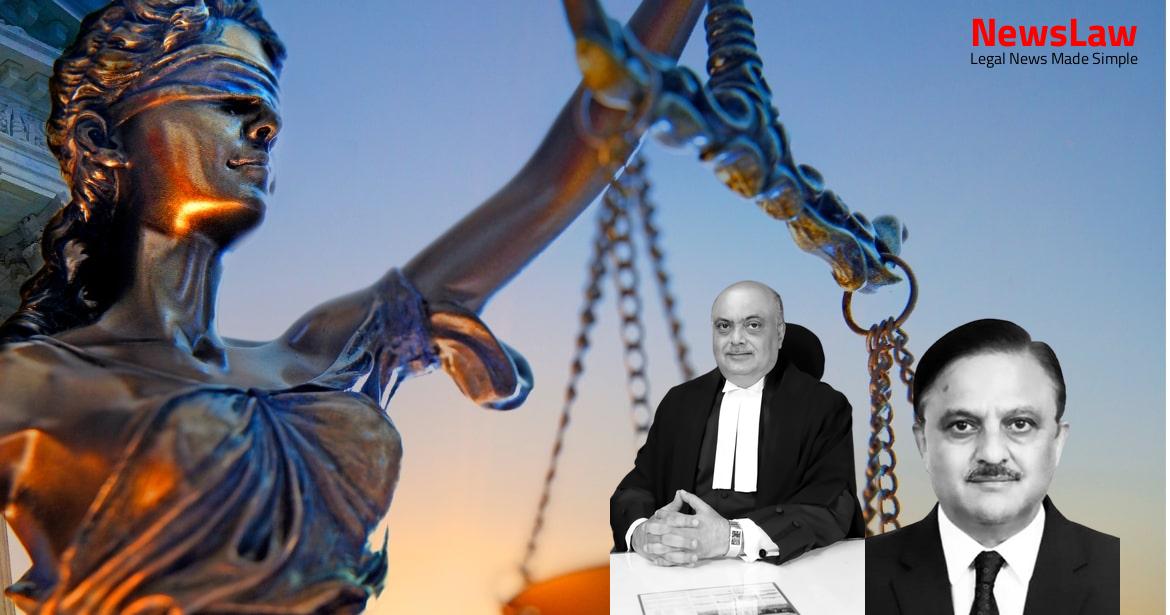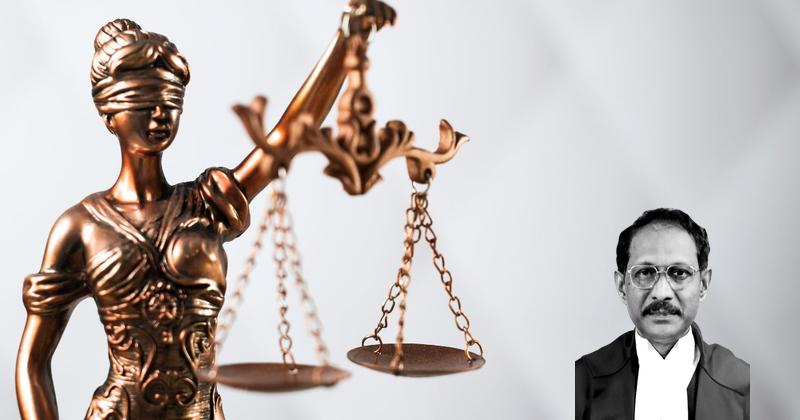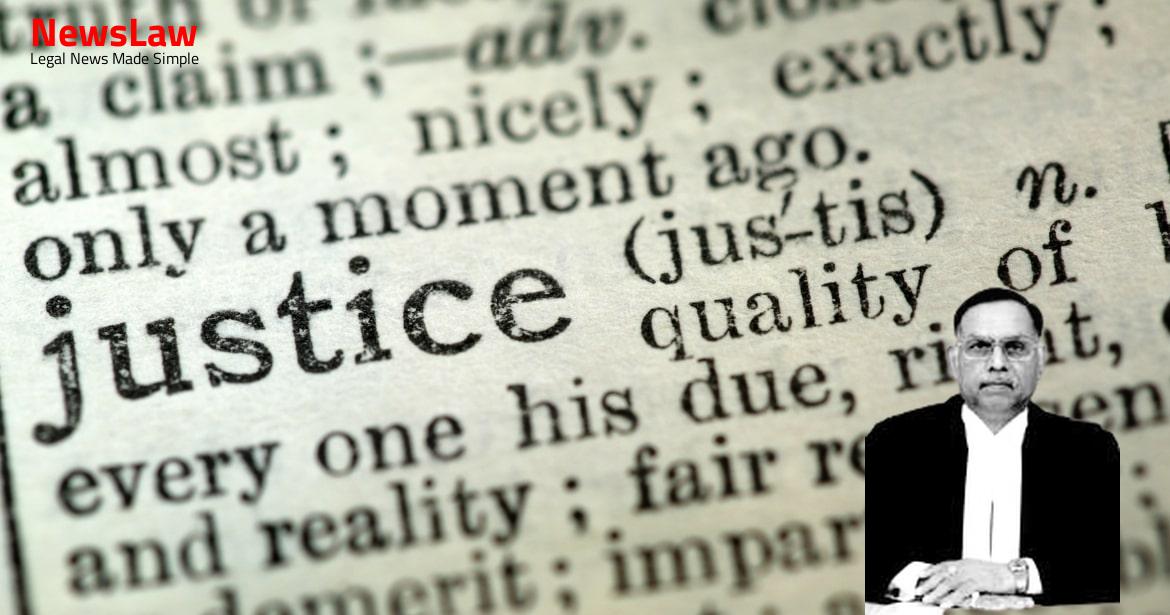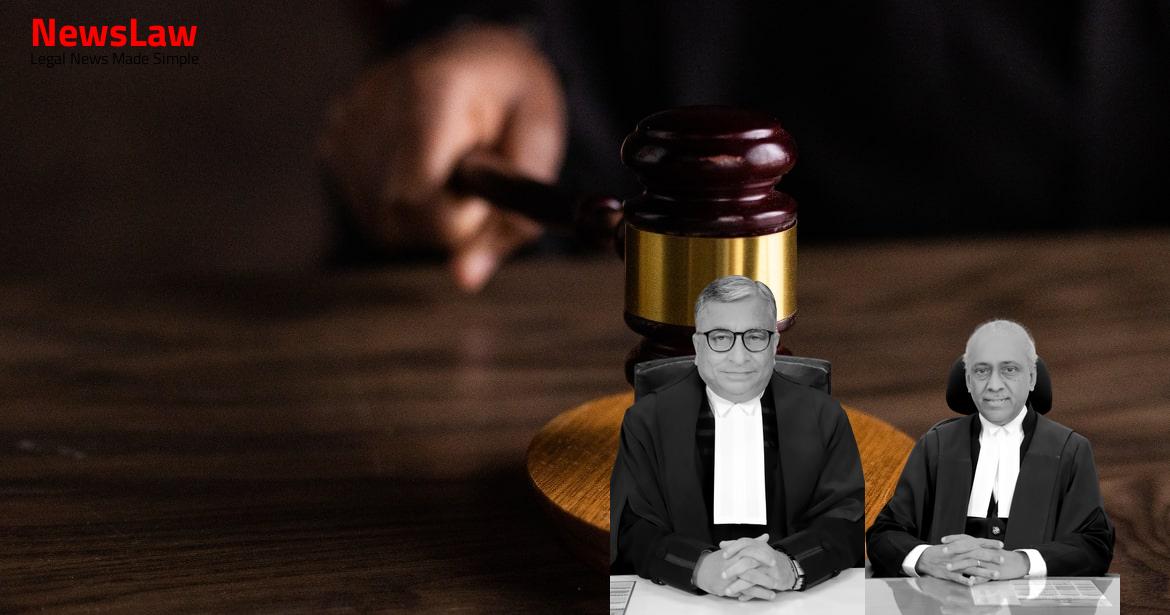In a significant ruling by the Supreme Court of India in the case of Balaji v. Desari, the court addressed the critical issue of granting bail while considering the rights of the accused and the efficiency of trial proceedings. The judgment emphasizes the need to uphold constitutional rights in the bail process, setting a precedent for future cases that involve the delicate balance between the right to liberty and the expeditious disposal of trials.
Facts
- Bail application under Section 439 of the Code of Criminal Procedure was rejected by a learned Single Judge of the High Court of Judicature at Madras.
- Section 34 of the Indian Penal Code was invoked.
- The appellant is the sole accused named in the complaint.
- Cognizance has been taken by the Special Court under the PMLA based on the complaint.
Also Read: Land Dispute: Decree Quashed by the Supreme Court of India
Arguments
- The ED is relying on material collected by investigating agencies for scheduled offences, not cash amounts.
- Reference made to decision in the case of Y. Balaji v. Karthik Desari regarding objections to not registering offences under the Prevention of Corruption Act, 1988 and compromises in scheduled offences.
- Ample evidence of appellant’s involvement in offences under PMLA and predicate offences, influencing witnesses if released on bail.
- Appeal for bail based on delay in trial proceedings and inability to conclude the trial related to scheduled offences for several years.
- Reliance on recent decisions like Manish Sisodia’s case to support the bail plea.
- Submission of incriminating documents found in seized pen drive and strong evidences indicating appellant’s role in job racket scam.
- Rejection of appellant’s claims regarding cash deposits and agricultural income justification.
- Detailed analysis of various evidences like file AC1.xlsx, amounts collected for job posts, and discrepancies in seized pen drive analysis.
- Learned senior counsel for the intervenors supported the ED’s position.
- In Misc. Application no.1381 of 2024, a prayer for the appointment of a special public prosecutor has been made.
- The intervenors’ counsel highlighted the need for a special public prosecutor in the case.
Also Read: Supreme Court Judgment on Arbitral Award Dispute
Analysis
- The maximum sentence for the appellant is 7 years as there is no scheduled offence alleged against him under paragraph 2 of Part A of Schedule II.
- The non-grant of bail in straightforward cases leads to a flood of bail petitions, increasing the pendency in the Court.
- Money laundering under PMLA is a serious threat to the financial system and sovereignty, justifying stringent bail provisions.
- The trial in the case involves thousands of accused and witnesses, with a high threshold for bail grant in relevant statutes.
- The delay in trial conclusion and high bail threshold cannot go together, compromising the right to a speedy trial and liberty.
- The Constitutional Courts can grant bail if the trial delay violates constitutional rights, even if statutory provisions provide otherwise.
- Regarding bail, a non-obstante clause in some statutes overrides CrPC provisions to secure penal objectives.
- Bail is essential, and jail should be the exception, emphasizing the right to a speedy trial and liberty.
- In the present case, the trial conclusion is unlikely in the near future due to numerous accused and witnesses, potential delays in framing charges, and high threshold for bail grants.
- The circulation of files and documents, dependence on documentary evidence, and absence of charge framing impact the trial progress.
- Statutes like PMLA have stringent bail provisions to prevent undue long-term incarceration without trial, warranting a balance between bail and trial expediency.
- Clean acquittals after long incarcerations point to flaws in the justice system, emphasizing the need for expeditious trial disposal in serious offences.
- The presence of statutory restrictions does not eliminate the Constitutional Courts’ power to grant bail based on constitutional violations.
- Expeditious trial disposal is crucial in cases with high bail thresholds, ensuring the balance between rights and trial efficiency.
- Delays in trial disposals can jeopardize the rights of undertrials under Article 21 of the Constitution of India.
- Efficient trial disposal is necessary for crimes under statutes like PMLA to prevent loss of crucial years for the accused.
- Offence of money-laundering defined as attempting to indulge or assist in any process connected with proceeds of crime
- Explanation provided to clarify what constitutes offence of money-laundering
- Existence of proceeds of crime is a condition precedent for the offence under Section 3 of PMLA
- Definition of ‘proceeds of crime’ provided in Section 2(u) of PMLA
- Proceeds of crime include property derived from scheduled offence or any criminal activity related to it
- Existence of a scheduled offence is a requirement for alleging the existence of proceeds of crime
- Property obtained as a result of criminal activity related to a scheduled offence is considered as proceeds of crime
- The existence of proceeds of crime can be proved during trial of offence under Section 3 of PMLA
- Bail is a rule, and refusal is an exception, which must not be followed in breach.
- Prolonged incarceration before being pronounced guilty deprives the fundamental right to liberty under Article 21 of the Constitution.
- Objective of keeping a person in judicial custody is to secure attendance at trial, not to punish without trial.
- Excessive incarceration of an undertrial accused can violate Article 21 of the Constitution.
- Constitutional Courts have the power to grant bail if trial is likely to prolong unreasonably.
- Stringent bail provisions do not take away the power of Constitutional Courts to grant bail for violation of Part III of the Constitution.
- Courts have forgotten the principle that bail is not to be withheld as a punishment.
- State or prosecuting agencies should not oppose bail if they cannot provide a speedy trial as per Article 21 of the Constitution.
- Stringent conditions must be imposed on the appellant due to apprehension of tampering with evidence.
- Continued detention of the appellant would violate his fundamental right to speedy trial under Article 21 of the Constitution of India.
- The appellant’s influential position in the State may have led to compromising situations between bribe givers and takers.
Also Read: Judgment by the Supreme Court Of India: Upholding the Principles of Natural Justice
Decision
- The appellant is allowed bail until the final disposal of CC No 9 of 2023 before the Principal Session Judge, Chennai.
- Bail bonds of Rs. 25,00,000/- with two sureties must be furnished by the appellant.
- The appellant is prohibited from contacting the prosecution witnesses and victims of the scheduled offences.
- Attendance must be marked every Monday and Friday at the Directorate of Enforcement office in Chennai and every first Saturday of the month before investigating officers.
- Passport surrender is required before bail is granted.
- Regular presence in courts handling scheduled offences and cooperation for early case disposal is mandatory.
- Adjournments on invalid grounds or hindering case progress could lead to bail cancellation.
Case Title: V. SENTHIL BALAJI Vs. THE DEPUTY DIRECTOR (2024 INSC 739)
Case Number: Crl.A. No.-004011-004011 – 2024



